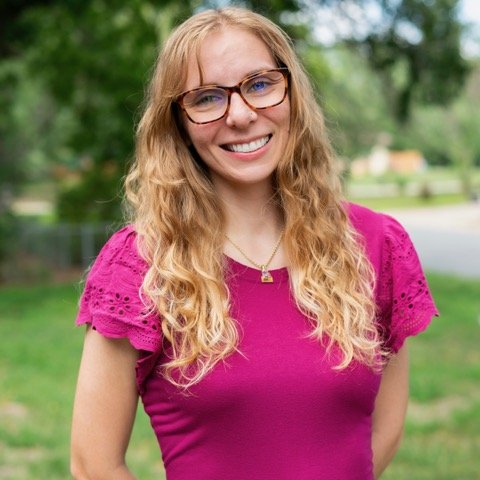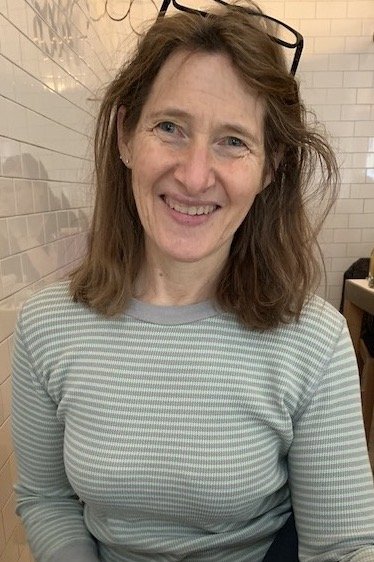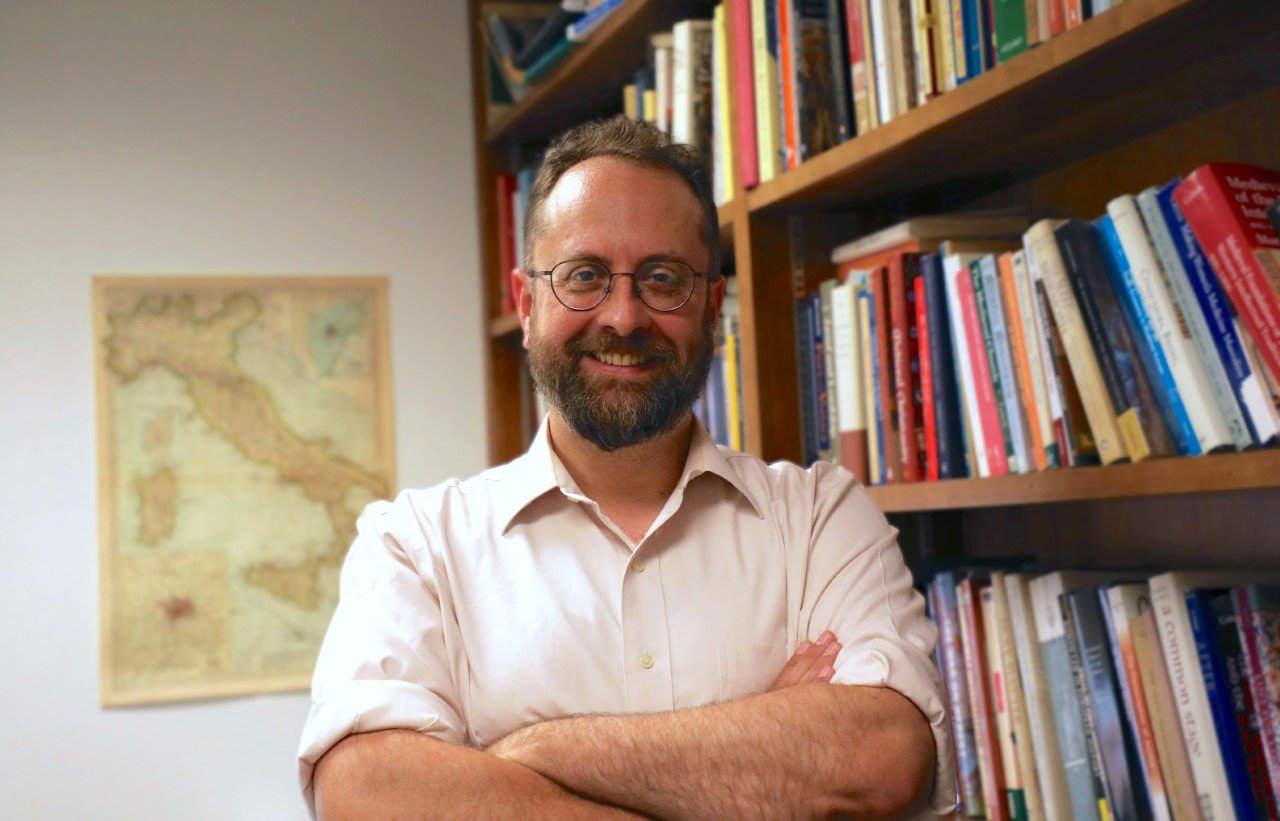“Mediterranean Magic: An Introduction”
Mediterranean Studies Summer Skills Seminar
10-13 June 2024 • Remote
The Summer Skills Seminar, “Mediterranean Magic: An Introduction” will be held via Zoom from Monday, 10 June to Thursday, 13 June 2024 from 10am to noon and 1pm to 3pm MDT.
Course overview
If we were a Mediterranean magician, especially in the premodern period, what skills would we have and how would we have been represented in contemporaneous fiction? How would we define magic? Who else practiced it? How was it imagined? How did it intersect with religion and science? Throughout the centuries, among other hubs, medieval Spain was home to the creation, circulation, and translation of magical material in Arabic, Greek, Hebrew, Latin, and Spanish. Despite moments of persecution, it is there that Hermetic philosophy resurfaced and Kabbalah took shape. The coexistence, collaborations, and conflict between Christians, Muslims, and Jews fostered the social landscape that facilitated the blending of diverse occult practices and traditions. Many of these traditions crossed borders and blended into modern esoteric practices today.
This four-day intensive skills seminar will not only provide participants with an overview of magic’s history (broadly defined) throughout the premodern period but also introduce them to recurring patterns in magical practice and representation, significant symbols, and even tools for bringing similar material into their classrooms or personal reflections. As much as possible the content will be catered to participants interests and needs. Medievalists of all disciplines and ranks, graduate students, qualified undergraduate students, library and archival professionals, independent scholars, and modern magic practitioners or enthusiasts are encouraged to apply. Participants will leave with a stronger grasp of magic’s significance in Mediterranean history, the ability to recognize important symbols, and a thirst for discovering further magical connections within their fields and interests. Hands-on sections will be dedicated to internalizing new symbols and patterns as well as developing strategies for classroom instruction and/or practice.
The first day is dedicated to conceptualizing magic. In the first section we will briefly introduce types of magic (benevolent/natural, divine, and maleficent) and how they manifested in the three main religions in the Peninsula (Christian, Jewish, and Muslim magic). This will lead us into a discussion on magic and the law as well as various translation efforts that sparked the continued spread of occult practices. The second section will be more theoretical as we explore how in the Middle Ages and today magic is at the “crossroads” between many other fields of knowledge. What effect did this have then and now with “modernity”? We will also explore the “myth of disenchantment” and how magic remains relevant today, albeit in different forms.
Since astrological knowledge was often the prerequisite for medieval magical usage, the second day will be entirely dedicated to this field of knowledge. What is astrology? How did it inform their Ptolemaic and Neoplatonic cosmology? What are some astrological glyphs and what correspondences (primarily drawing on the Picatrix/Ghayāt al-Hakīm) did the celestial bodies have? As we discover these connections we will do some hands-on inferences and practice as we learn the language of the sky. The second section will then provide an overview of astral magic and review some magical prologues further establishing the importance of mastering this discipline. We will close the day with one example of magic that deviates from this requirement with the more rural Morisco magic.
The third day brings us into the world of imagination and societal reflections. In the first section we will explore the way magic showed up in Mediterranean stories of miracles, movement, and go-betweens. The second section will focus on fictional monsters and the marvelous closing with some very brief pop culture references. We will also do a hands-on activity reviewing some magical symbols and references seeing how they manifest in fiction.
The final day takes us out of fantasy and into the practical. What type of solutions did magic offer? Beyond planetary manipulation, how else could magicians effect change? We will also explore the most profound change of all—the internal one. We will explore ways neoplatonic thought influenced the quest for unity with creation. The second section will take us into a recap of the various networks magic created and explore ways we could visually represent this using digital tools like Knightlab. We will also hint at modern echoes and contemporary practices like tarot since it too was has premodern origins and was dependent on Mediterranean networks.
A reading list will be provided for each day with required and suggested sources.
This Summer Skills Seminar builds on the experience of earlier editions, which participants signaled as “transformative” in terms of their research, and which provided them with an opportunity to network and lay the foundations for future collaborations. For information and participant reviews of our former Skills Seminars (Ladino/Judezmo & Aljamiado) see here.
Faculty
This course will be conducted by Prof. Veronica Menaldi (Modern Languages, University of Mississippi), a specialist of medieval and early modern Spanish literature and culture. She is currently the Vice President of the Societas Magica. She was also a participant in two Summer Skills Seminars (Aljamiado and Ladino/Judezmo). Her publications and interdisciplinary research explore socioreligious cultural contact primarily through the use and representation of magic or food in the Peninsula and Colonial Spanish America emphasizing Andalusi influence or Morisco production on both sides of the Atlantic and across the Mediterranean. Her monograph, Love Magic and Control in Premodern Iberian Literature was published in 2021 by Routledge. Among other projects including public humanities endeavors, she is currently exploring the intersection of magic and death.
Program
Monday, 10 June 2024: Magic and Theory
10am—noon & 1—3pm
1. Defining Magic: Types of magic • Christian, Jewish, and Muslim magic • Magic and the law • Translation efforts
2. Theorizing Magic: Magic at the “crossroads” • Magic and modernity • The “myth of disenchantment”
Tuesday, 11 June 2024: Astrology Prerequisite
10am—noon & 1—3pm
1. Lay of the Sky: Cosmology • Astrological glyphs • Correspondences
2. Examples and Deviations: Astral magic • Magical prologues • Morisco magic
Wednesday, 12 June 2024: Magic in Fiction
10am—noon & 1—3pm
1. Miracles and Movement: Cantigas de Santa Maria • Necromancer of Toledo • Go-betweens
2. Marvels and Monsters: Review of magical symbols and references • Marvelous sights in Alexandre the Great legends • Monsters in Amadis and Don Quijote • Popular culture
Thursday, 13 June 2024: Magic in Practice
10am—noon & 1—3pm
1. Solutions and Elevation: Hermetic magic • Hermetic magic • Neoplatonic theories of unity in Christianity, Judaism, and Islam
2. Travel, Tourism, and Tarot: Tracing magic • Spain as a destination (past and present) • Modern echoes and tarot
Participants
Kersti Francis (English: Boston University)
Dr. Kersti Francis (they/she) is a member of Boston University’s Society of Fellows, where they hold appointments in English, Religion, and Women’s, Gender, and Sexuality Studies. For Fall 2024, they will be a Visiting Scholar in Medieval Studies at Harvard University. Their current project Queer Magic: Fiction and Identity in Later Medieval Literature uses contemporary natural philosophy and canon law to interrogate how premodern thinkers envisioned queer and trans bodies and relationships via literary depictions of magic. Her work appears in Medieval Feminist Forum, Painful Pleasures: Sadomasochism in the Middle Ages, The Digital Medievalist, Comitatus, Los Angeles Review of Books, and elsewhere.
Casandra Garza Resendez (Spanish and Portuguese / Early Modern Studies: Yale University)
Casandra Garza Reséndez is a second-year PhD student in the Department of Spanish and Portuguese and in the Early Modern Studies Program at Yale University. She received a bachelor’s degree in Spanish Literature from Tecnológico de Monterrey in 2018. Her research focuses on depictions of magic and the supernatural in early modern Spanish literature. Before enrolling at Yale, she worked as a literature high school teacher in her hometown of Monterrey, Mexico.
Jennifer Hellwarth (History, UCLA)
I just retired from a small liberal arts college where I taught primarily in the English Department (medieval and early modern literature), and also in the Women’s, Gender, and Sexuality Studies Program, and in History (where I taught History of Medicine). I’m interested in the cultural interplay between medieval Islamic, Judaic, and European medical and magical texts and socialpractices and imaginative literature—particularly Romance—and especially in relation tomanaging the sexual body, and trying to do so in a way that is responsible without reading Arabic and Hebrew (if that’s possible). I received my PhD in English Literature from UC Santa Barbara, my Masters from Stanford University, and my BA in Renaissance Studies from UC Berkeley all last century. I have also taken a number of classes (in this century) in the History of Medicine through Johns Hopkins University.
Hannah R. Johnson (English: University of Pittsburgh)
Hannah R. Johnson received her PhD in English from Princeton University and MA in Medieval Studies from the University of York (UK), after completing her BA in English and Medieval Studies at Emory University. She joined the Pitt faculty in 2006, and was promoted to the rank of full professor in 2021.
Johnson’s published scholarship focuses on medieval antisemitic legends and the rhetoric of exclusion in premodern Europe. Her research interests include modern intellectual and disciplinary history, the psychology of conspiracism, Islamophobia, comparative religious studies, and Jewish Studies. With the support of an ACLS Collaborative Research Fellowship, Johnson and colleague Heather Blurton wrote and published The Critics and the Prioress: Antisemitism, Criticism and Chaucer’s Prioress’s Tale (Michigan, 2017), an interdisciplinary examination of the troubled critical history surrounding the famous medieval poet’s most inflammatory work, The Prioress’s Tale. Johnson’s first monograph, Blood Libel: The Ritual Murder Accusation at the Limit of Jewish History (Michigan, 2012), examines the underlying ethical commitments that have historically structured academic investigations of a libelous historical myth, originating in the Middle Ages, that Jewish communities murder Christian children. Most recently, she was supported by a 2023 Fulbright fellowship to undertake collaborative research with New Zealand scholar Simone Marshall on a podcast series and academic trade book tentatively titled, The First Era of Fake News: Witch-Hunting, Antisemitism and Islamophobia.
Johnson is an engaged proponent of interdisciplinary and collaborative research, community-engaged scholarship and public humanities. In her home department of English, she has previously served as Director of the Literature Program, Acting Director of Graduate Studies, Multimodal Pedagogy Coordinator, and Faculty Grant Support advisor, among other roles. She is affiliated with Medieval and Renaissance Studies, Jewish Studies, the University Center for International Studies, and the Collaboratory Against Hate. Johnson has been a Visiting Scholar at the University of Otago and UC Santa Barbara.
James A. Palmer (History: Florida State University)
I am a historian of late medieval Italy. My work up to this point has largely focused on late fourteenth-century Rome. My first book was The Virtues of Economy: Governance, Power, and Piety in Late Medieval Rome. Subsequently, I published The Chronicle of an Anonymous Roman: Rome: Italy, and Latin Christendom, c. 1325-1360, the first full English translation of the famous Anonimo Romano. I’m currently at the very early stages of a new line of research, focused on the place of Italy and Italian people in the history of the crusade movement, and on questions of what “Italy” and “Italian-ness” could mean in the Middle Ages. Currently, though, I am working on some article ideas relating to the Anonimo. One of those has to do with his thinking about Muslims and crusading, but I also hope to write one about his treatment of magic. Magic is a topic I’ve long been interested in (it was actually instrumental in my becoming a historian in the first place), but I’ve never worked on it directly. So, this is an exciting opportunity, both insofar as I hope it will help me think about the project, and because I hope to build an undergraduate course on magic. My students have wanted one for years and I’ve always wanted to teach one.
Şimal Yurtsever (History: Bilkent University)
My name is Şimal Yurtsever, a graduate student in the History department of Bilkent University, preparing to write my thesis on Medieval Magic. I did my first master’s in KU Leuven, Belgium on Western Literature and wrote my thesis on the novel Madonna in a Fur Coat. I am interested in the study of magic as mentioned, particularly European Medieval Magic, and have been doing background research on the topic for a while now. I enjoy merging my background in literature with my abilities in the field of History. I have been an accomplished student, graduating both from my bachelor’s and my first master’s with distinction. Recently, I presented a paper on Medieval Magic at the Bilkent History Graduate Symposium.






